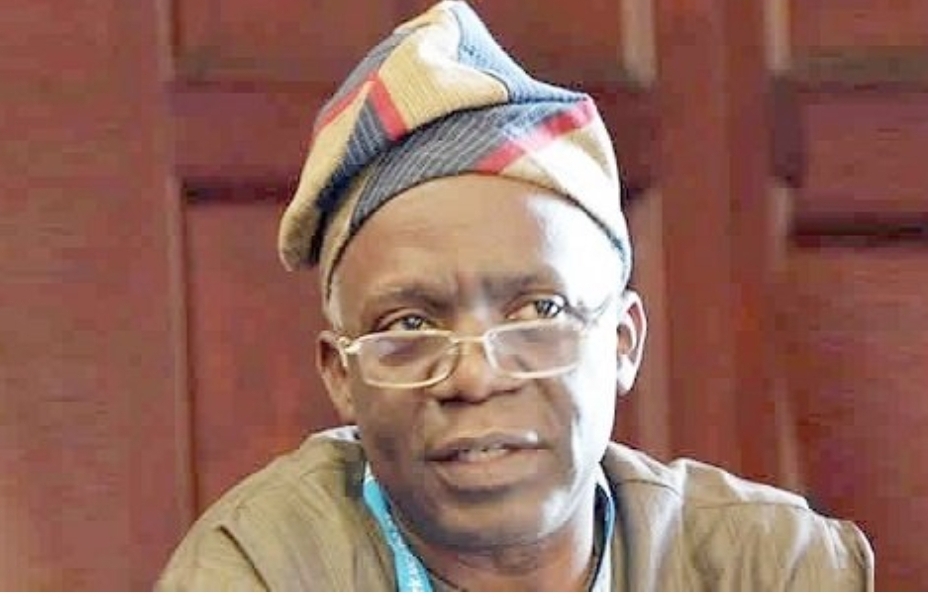By Adebisi Onanuga

Lagos lawyer Femi Falana (SAN) has advised the ECOWAS Community Court of Justice, Abuja to promote and facilitate online filing processes via Skype or Zoom to improve access to justice for victims of human rights violations and abuses.
He said this will enable the court to take urgent matters especially at this time of COVID-19 crisis and satisfy the public’s right to an open judiciary.
Falana made the request in a letter written to the President of the court, Justice Edward Amoako Asante, dated April 27, 2020 and titled, “Request to promote and facilitate online filing processes for the Community Court of Justice”.
The activist lawyer made request pursuant to the statutory and inherent jurisdiction of the court to promote justice and provide redress to those facing repression and abuses linked to states’ responses to COVID-19.
“This is also entirely consistent with the practices of other regional human rights bodies, including the African Commission on Human and Peoples’ Rights and the African Court on Human and Peoples’ Rights. Similarly, the United Nations special mechanisms are allowing victims and their representatives to file communications online.”
He urged the court to take the advantage of internet technology to promote and facilitate access to justice for the victims of human rights violations and abuses across the continent especially at this time of the COVID-19 pandemic affecting several countries in the sub-region. “The filing of processes should be done electronically and sensitive information such as financial information can be removed to address any privacy or security concerns that may arise.
“However, it should be noted that court processes and documents are already public records available in hard copy to anybody who appears at a clerk of court’s office.
“Public electronic access to court files should be permitted to the same extent they are available at the court registry.” Falana advised the court to create electronic records by scanning documents, or simply upload documents that the court already has in electronic format.
“Having both remote electronic access and court registry access to the same information will also utilise more fully the technology available to the Community Court and will allow court officials to better and more easily serve the needs of the bar and the public. Furthermore, the public interest in obtaining information on litigation and the operation of the Community Court favours electronic disclosure.
“When records are digitised, victims, lawyers, reporters, and scholars can analyse them quantitatively and discover patterns or problems”, he said.
